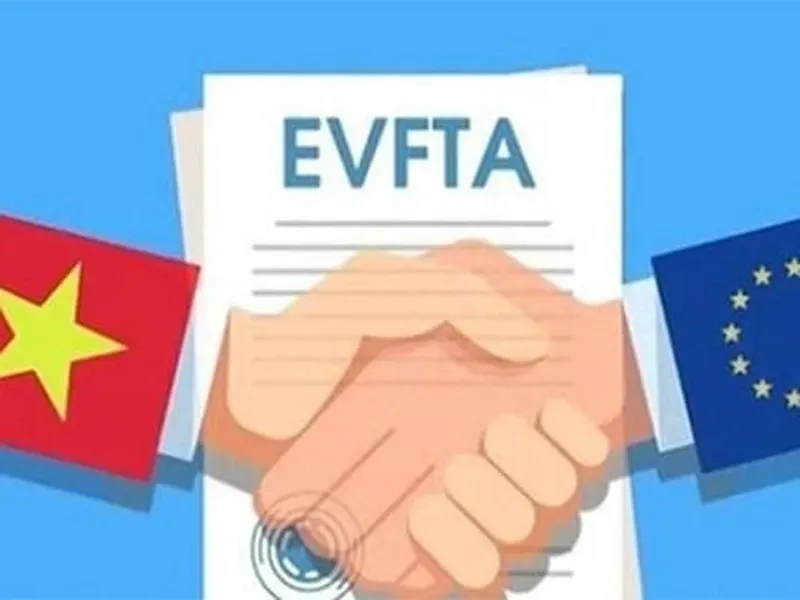
This was what experts discussed at a recent workshop titled "Complying with import-export trade regulations under the Vietnam - EU Free Trade Agreement (EVFTA) to optimize costs and take advantage of tax incentives".
While the EVFTA presents significant market opportunities, it also introduces considerable regulatory challenges.
At the workshop, organized by the Ho Chi Minh City Center for Trade and Investment Promotion in collaboration with the Trade Representative Office of Rheinland-Pfalz State, Germany, CEO Nguyen Thi Phuong of TradeComply Company said that the EU is Vietnam's third-largest export market. In 2024, export turnover exceeded $43 billion, representing nearly 12 percent of Vietnam's total exports.
This growth trajectory continued into the first eight months of 2025, with exports to the EU reaching approximately $34.08 billion, a 17.5 percent increase year-on-year. The EVFTA's provision to eliminate nearly 99 percent of tariff lines over seven years is poised to significantly enhance the competitiveness of key sectors such as textiles, footwear, wood products, seafood, and processed agricultural goods.
Head Phan Thuy My of the Rheinland-Pfalz State Trade Representative Office in Vietnam highlighted the critical need for businesses to adhere to stringent standards. These include rules of origin, proper Harmonized System (HS) code classification, and strict compliance with environmental and social standards.
Furthermore, she emphasized two major upcoming regulations:
- Carbon Border Adjustment Mechanism (CBAM): Effective in 2026, this regulation will apply to imports of steel, cement, aluminum, and fertilizers.
- Anti-Deforestation Regulation (EUDR): This will impact commodities such as coffee, wood, and rubber, requiring full transparency and traceability throughout the supply chain.
To effectively take advantage of the EVFTA and secure their foothold in the European market, experts strongly advised businesses to shift their operational mindset. They must invest in emission reduction technology, digitize their processes, and partner with international certification organizations to ensure compliance and leverage the agreement's full potential.
























